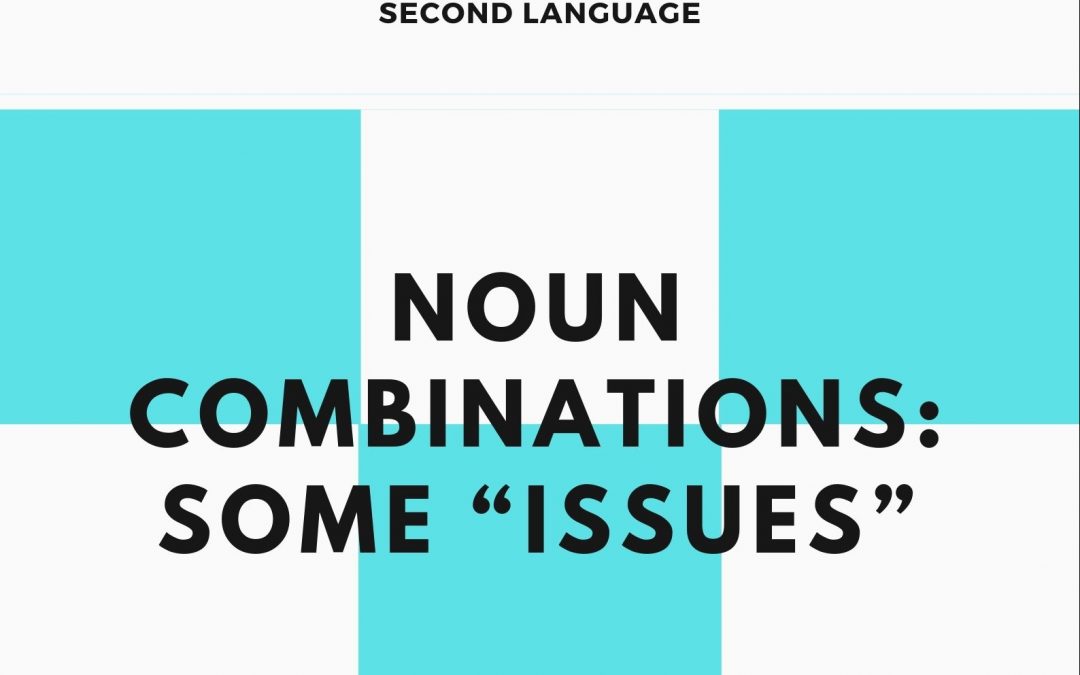


Festivities in English
Christmas is coming and many people’s thoughts are turning to parties and celebrations. For non-Brits working in England, I thought it might be useful to give a run-down of what awaits you in the next few weeks. The Office Do First, there’s a good chance that your...
Learning to love LIKE (as opposed to AS…)
Do you know how to love Like? In recent blogs, I attacked the tricky differences between the verbs do and make, but there is another pair of problem children in the English language: AS and LIKE. They both correspond to one keyword in many languages, like como in...
Making you Do Things
In my last blog, I said that if you’re not sure about the differences between the verbs do and make, you should start with do as your main option and learn ‘exceptions’ when you need make. The first occurs when you want to emphasise that you’ve created something new,...
